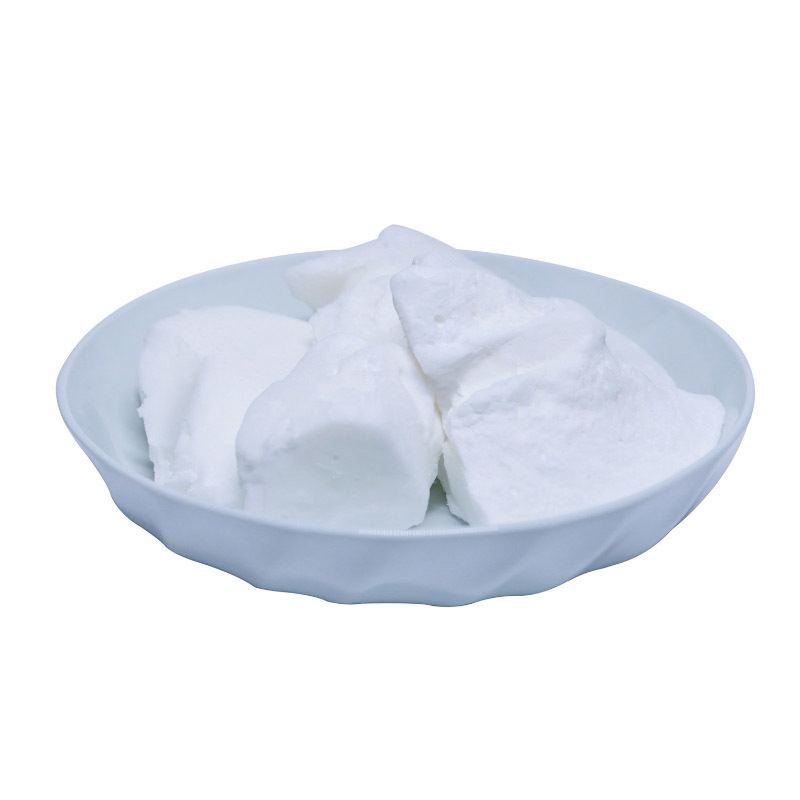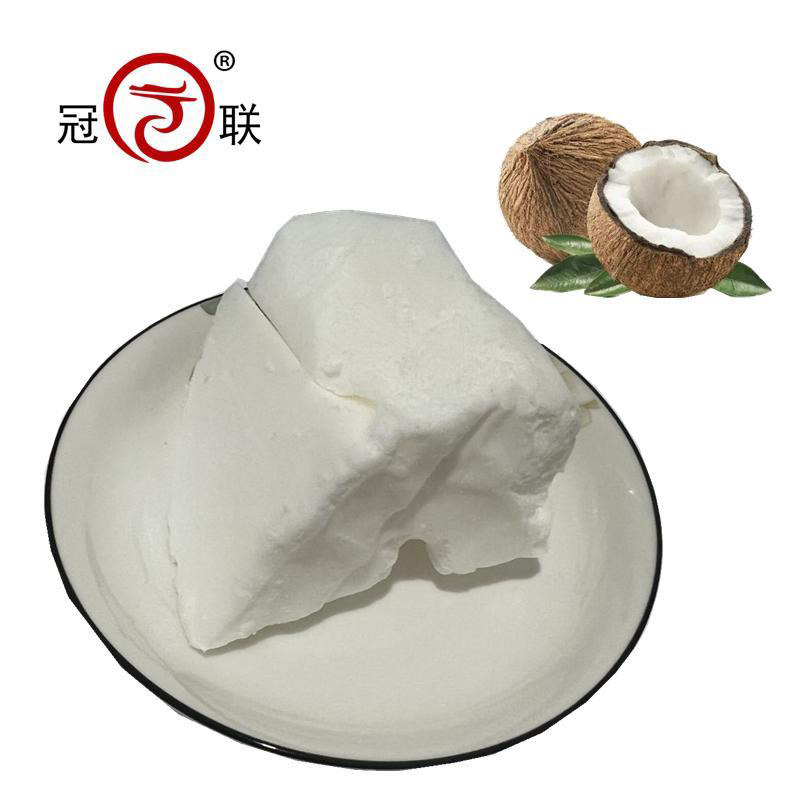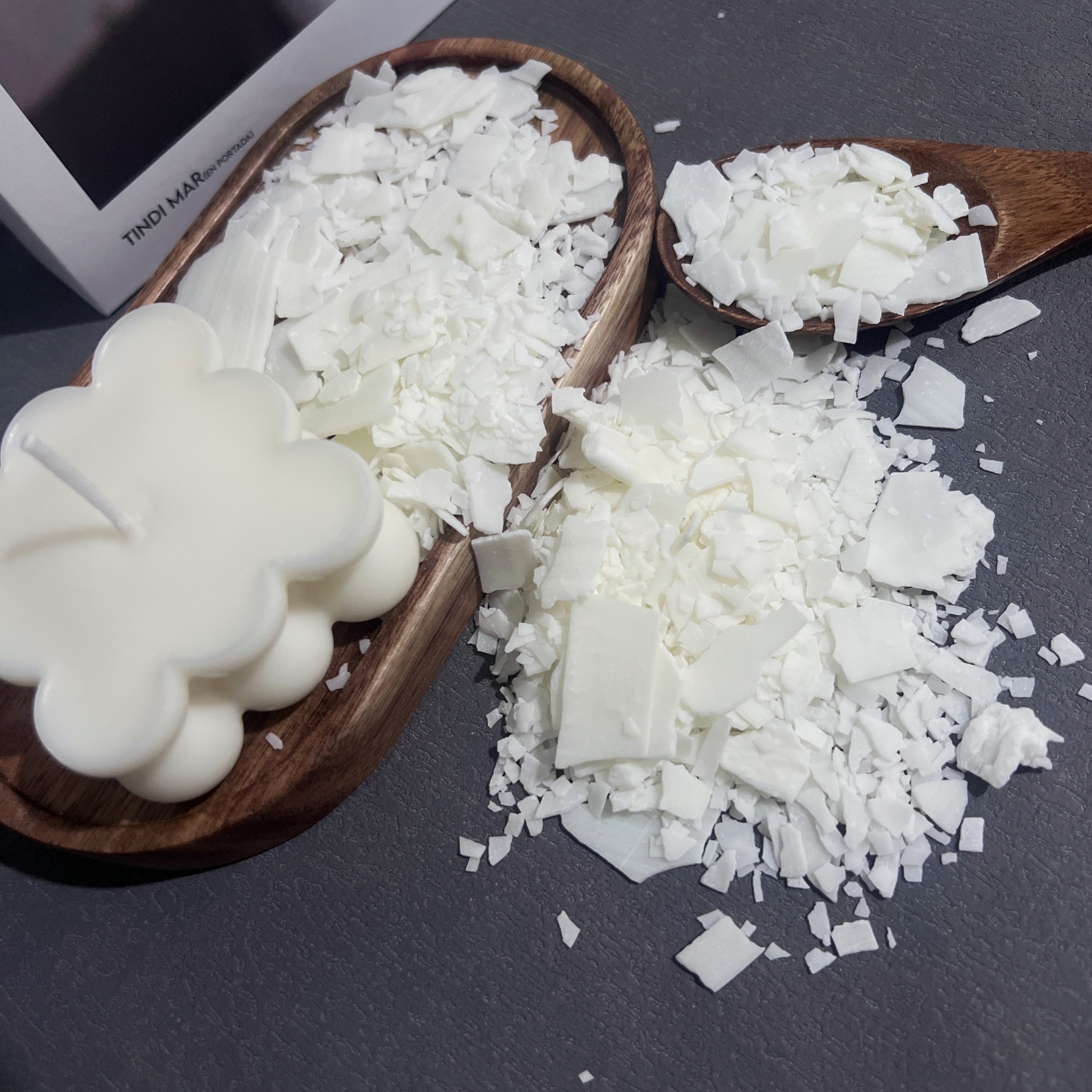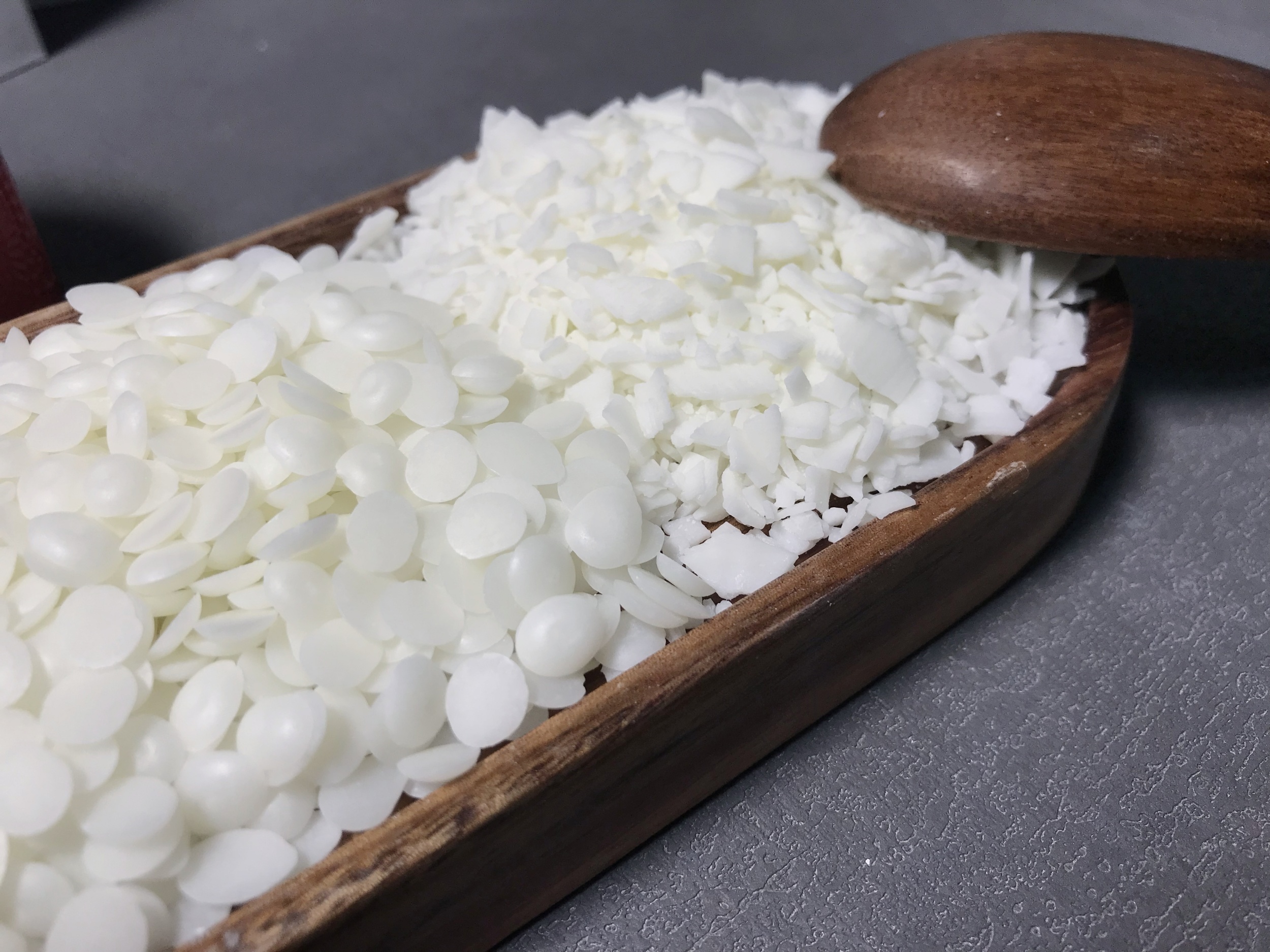Exploring the Benefits and Uses of Coconut Wax in Chemical Applications
Release Time:
Aug 02,2024
Coconut wax is a natural, plant-based wax derived from the oil of coconuts. Known for its biodegradable nature, it is an appealing alternative to traditional petroleum-based waxes. As sustainability becomes increasingly important in chemical production, coconut wax stands out as a responsible choice for manufacturers and consumers alike. One of the primary advantages of coconut wax is its excellen

Coconut wax is a natural, plant-based wax derived from the oil of coconuts. Known for its biodegradable nature, it is an appealing alternative to traditional petroleum-based waxes. As sustainability becomes increasingly important in chemical production, coconut wax stands out as a responsible choice for manufacturers and consumers alike.
One of the primary advantages of coconut wax is its excellent burning properties. When used in candles, for instance, it produces a clean, even burn with minimal soot. This not only enhances the aesthetic experience but also contributes to a healthier indoor environment. The wax has a high melting point, which allows candles made from coconut wax to hold a greater amount of fragrance oil, resulting in a more robust scent throw that can fill a room with delightful aromas.
Moreover, coconut wax has a creamy, smooth texture that sets it apart from other waxes. This unique property makes it particularly suitable for cosmetic applications, such as lip balms and lotions. Its emollient qualities help to nourish and hydrate the skin, making products feel luxurious and effective. Additionally, coconut wax can be blended with other waxes, such as soy or beeswax, allowing manufacturers to create customized formulations that meet specific market demands.
From an environmental standpoint, coconut wax is an attractive option. Sourced from renewable resources, its production has a lower carbon footprint compared to synthetic alternatives. This aspect appeals to consumers who are increasingly making purchasing decisions based on environmental impact. Utilizing coconut wax can aid companies in achieving their sustainability goals, thereby enhancing their brand reputation and attracting eco-conscious consumers.
Coconut wax is also versatile in other industrial applications. It can be utilized as a component in packaging materials, coatings, and adhesives, providing functional benefits such as moisture resistance and improved product stability. Its adaptability makes it a valuable asset in various chemical formulations, encouraging innovation in product development.
In summary, coconut wax represents a compelling solution in the chemical industry, characterized by its eco-friendliness, superior performance, and versatility. As more businesses seek sustainable alternatives for their products, coconut wax is poised to play an increasingly important role in shaping the future of chemical applications. Whether for candles, cosmetics, or industrial uses, embracing coconut wax can pave the way for a greener, more sustainable future.
One of the primary advantages of coconut wax is its excellent burning properties. When used in candles, for instance, it produces a clean, even burn with minimal soot. This not only enhances the aesthetic experience but also contributes to a healthier indoor environment. The wax has a high melting point, which allows candles made from coconut wax to hold a greater amount of fragrance oil, resulting in a more robust scent throw that can fill a room with delightful aromas.
Moreover, coconut wax has a creamy, smooth texture that sets it apart from other waxes. This unique property makes it particularly suitable for cosmetic applications, such as lip balms and lotions. Its emollient qualities help to nourish and hydrate the skin, making products feel luxurious and effective. Additionally, coconut wax can be blended with other waxes, such as soy or beeswax, allowing manufacturers to create customized formulations that meet specific market demands.
From an environmental standpoint, coconut wax is an attractive option. Sourced from renewable resources, its production has a lower carbon footprint compared to synthetic alternatives. This aspect appeals to consumers who are increasingly making purchasing decisions based on environmental impact. Utilizing coconut wax can aid companies in achieving their sustainability goals, thereby enhancing their brand reputation and attracting eco-conscious consumers.
Coconut wax is also versatile in other industrial applications. It can be utilized as a component in packaging materials, coatings, and adhesives, providing functional benefits such as moisture resistance and improved product stability. Its adaptability makes it a valuable asset in various chemical formulations, encouraging innovation in product development.
In summary, coconut wax represents a compelling solution in the chemical industry, characterized by its eco-friendliness, superior performance, and versatility. As more businesses seek sustainable alternatives for their products, coconut wax is poised to play an increasingly important role in shaping the future of chemical applications. Whether for candles, cosmetics, or industrial uses, embracing coconut wax can pave the way for a greener, more sustainable future.
Key words:
Latest news






























